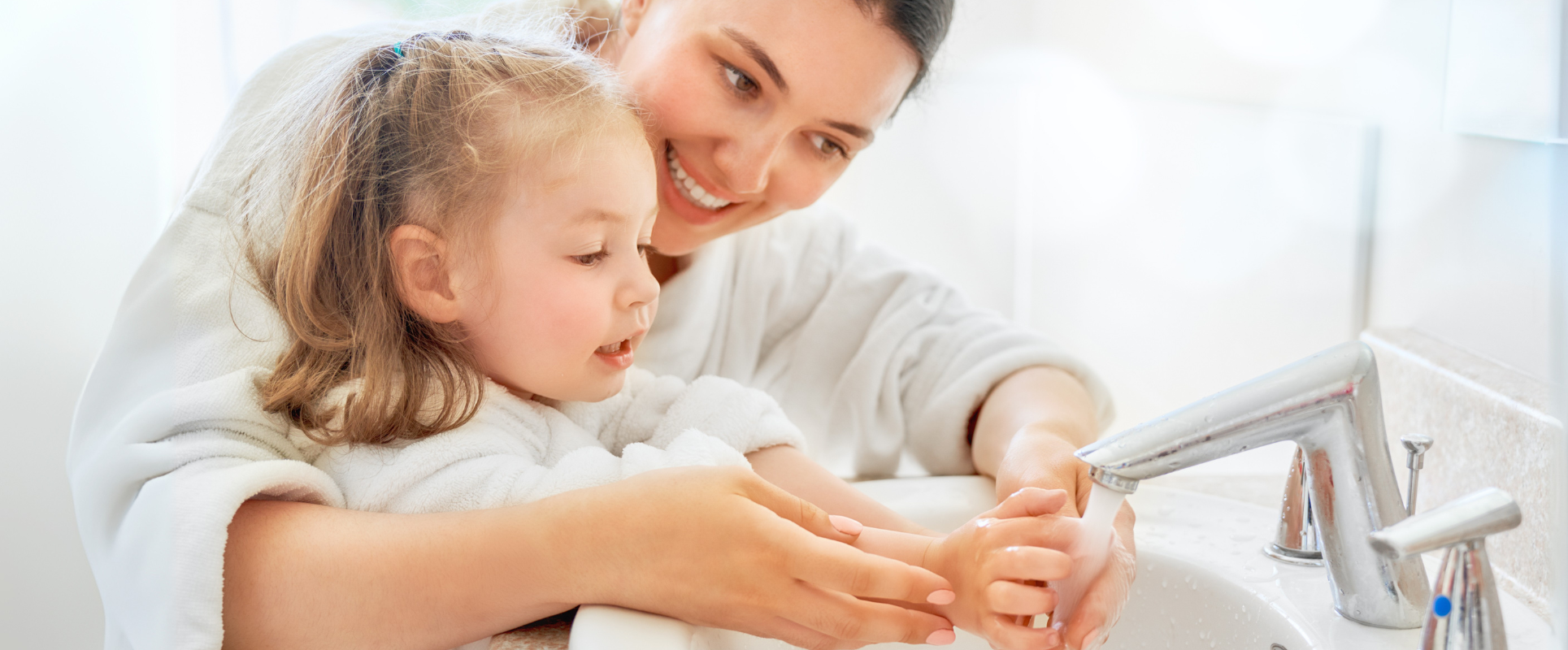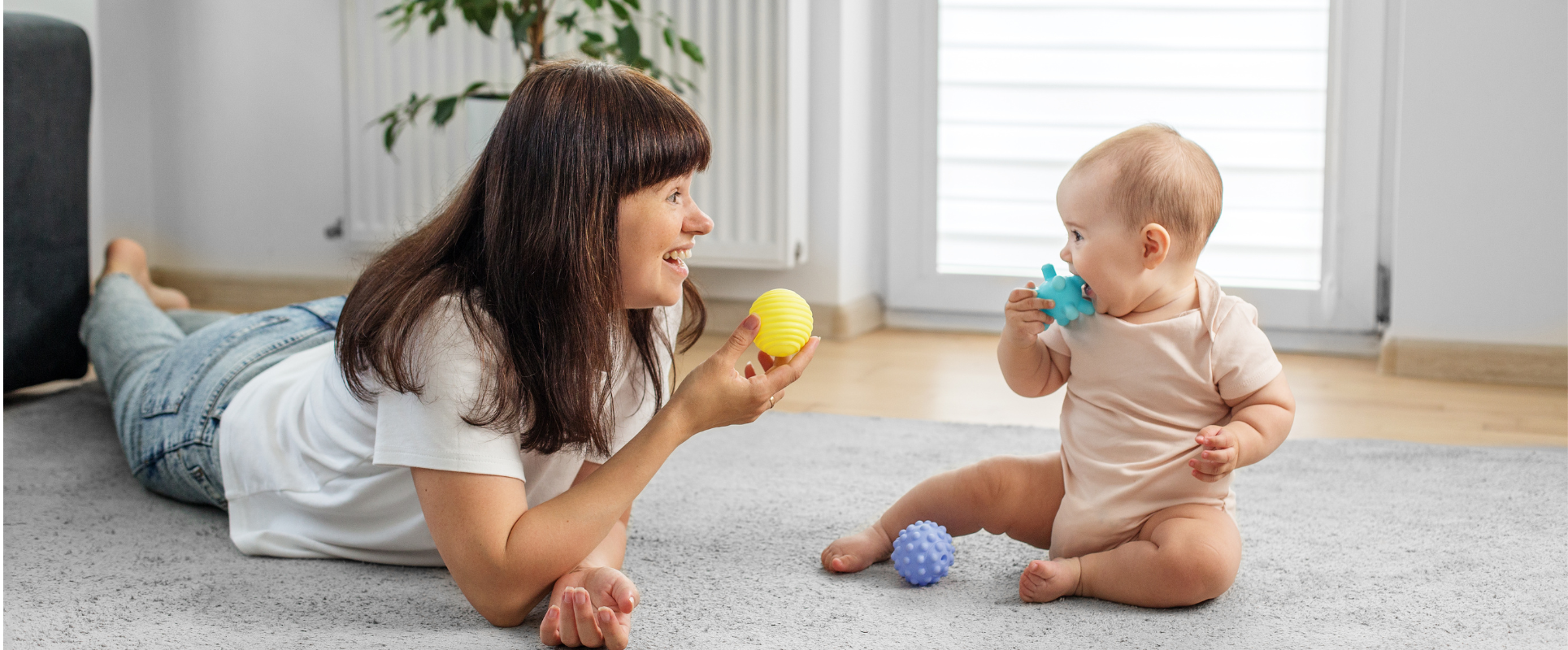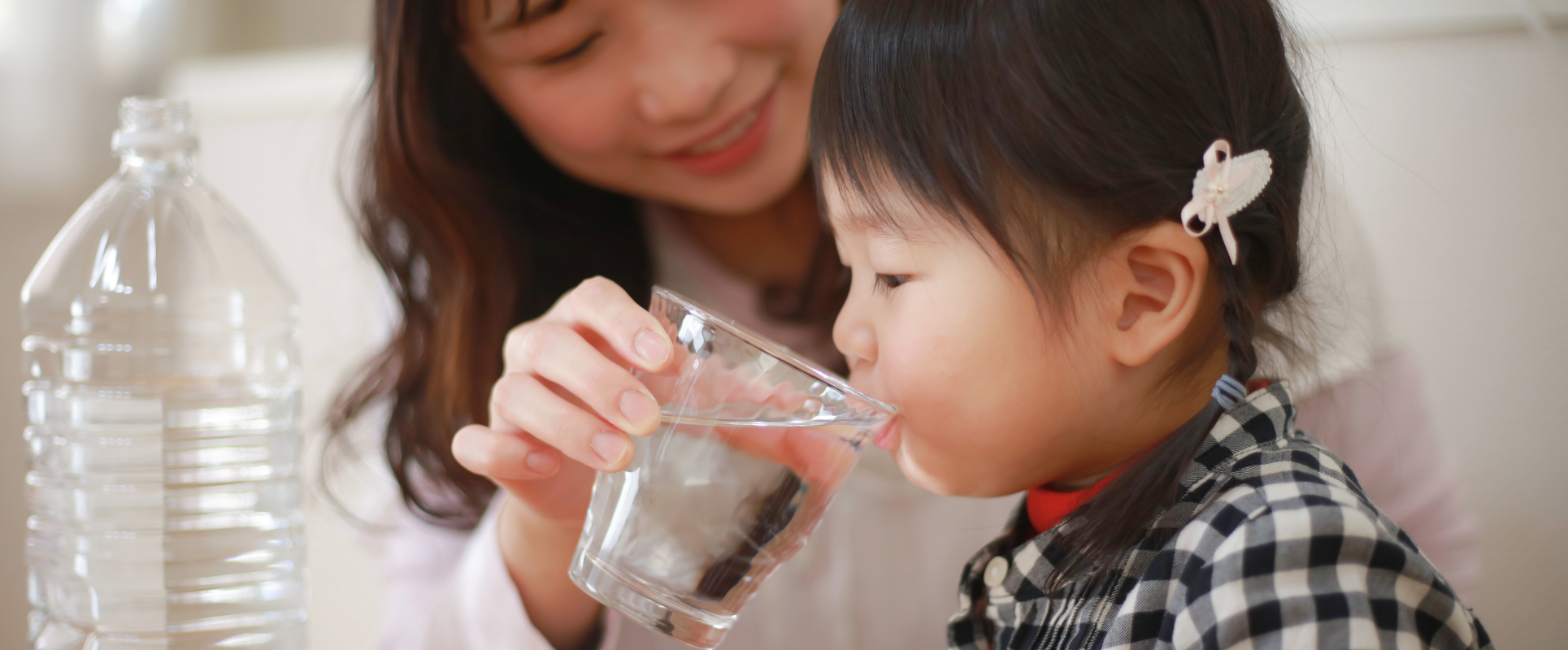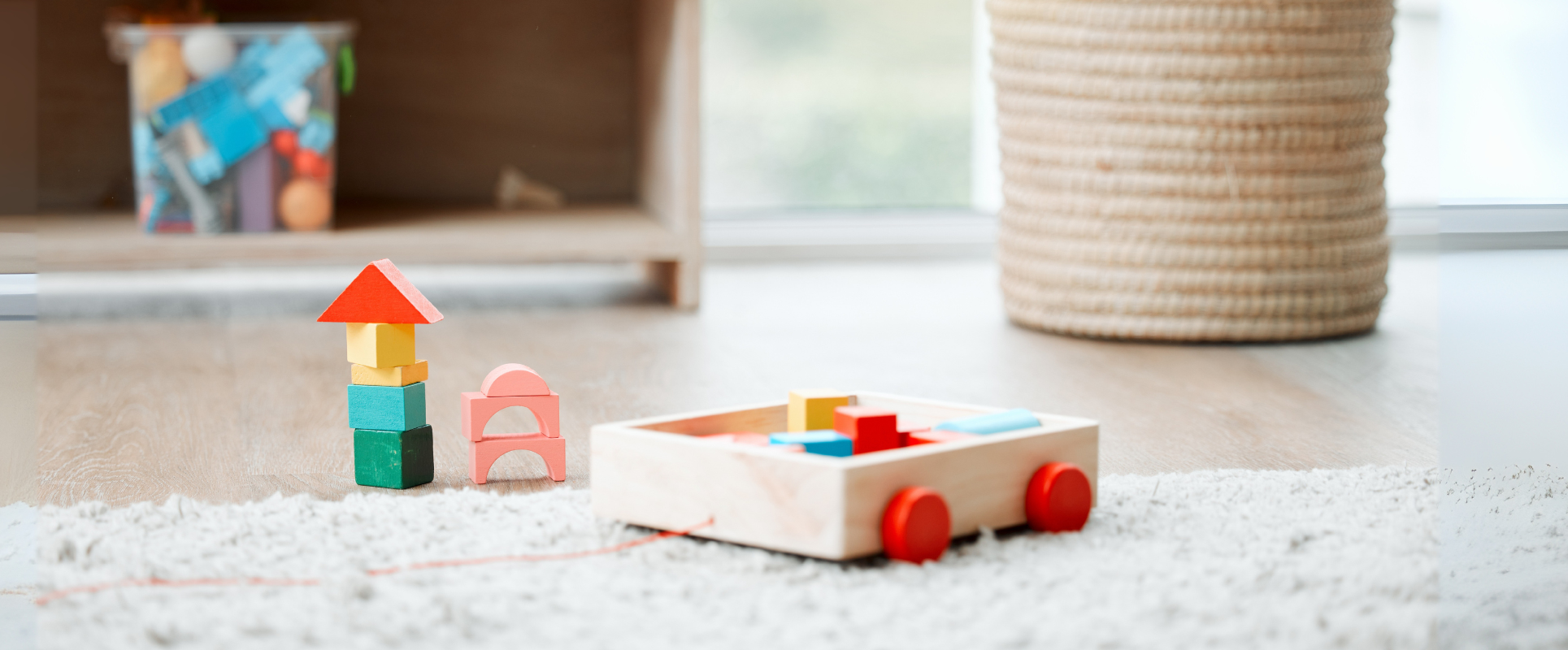
Teaching Children Self-Care Skills: A Complete Parent’s Guide
Teaching children self-care skills is one of the most valuable gifts parents can provide. These skills, such as brushing teeth, washing hands, getting dressed and managing emotions, help children build independence, confidence and healthy lifelong habits. Self-care also lays the foundation for resilience, responsibility and emotional well-being.
In this guide, we will explore why self-care is important, what skills to teach at different ages and practical strategies for parents to nurture these habits gently and effectively.
Why Self-Care Skills Matter for Children
Self-care is more than just routine hygiene — it is a holistic practice that helps children thrive physically, emotionally and socially.
-
Promotes Independence: Children feel empowered when they can do things on their own.
-
Builds Confidence: Mastering new skills encourages self-esteem.
-
Improves Health: Hygiene routines like handwashing prevent infections.
-
Supports Emotional Growth: Learning to calm themselves builds resilience.
-
Encourages Responsibility: Children begin to understand cause and effect through their actions.
Research in child development emphasizes that self-care contributes to long-term success in school and social relationships.
Age-Appropriate Self-Care Skills
Toddlers (Ages 1–3)
-
Washing hands with assistance
-
Brushing teeth with supervision
-
Learning to drink from a cup
-
Starting to dress with help (putting on shoes or hats)
Preschoolers (Ages 3–5)
-
Independent handwashing and drying
-
Using the toilet with minimal help
-
Dressing with simple clothing (like elastic pants or t-shirts)
-
Brushing teeth more effectively
-
Beginning to tidy toys and belongings
Early School Age (Ages 6–8)
-
Bathing with little supervision
-
Brushing and flossing teeth
-
Packing school bags and lunches
-
Combing hair and choosing clothes
-
Understanding basic emotional regulation (e.g., deep breathing when upset)
Older Children (Ages 9–12)
-
Taking full responsibility for personal hygiene
-
Helping prepare meals and snacks
-
Managing homework time
-
Learning about healthy sleep habits
-
Understanding digital self-care (screen-time balance)
Practical Tips for Parents
-
Model Self-Care Yourself
Children learn best by watching their parents. Demonstrate good hygiene, healthy eating, exercise and emotional management. -
Use Positive Reinforcement
Praise effort rather than perfection. Celebrate small achievements to motivate your child. -
Make It Fun
Use songs, games and colorful products to make routines enjoyable (e.g., a toothbrushing song). -
Break Tasks Into Steps
Teach one step at a time — for example, first washing hands with water, then learning to use soap. -
Offer Choices
Allow children to pick between two outfits or toothbrush colors to encourage independence. -
Create Routines
Morning and bedtime routines help children remember and internalize habits. -
Be Patient
Skills take time. Consistency and encouragement matter more than immediate success.
Emotional Self-Care for Children
While physical hygiene is essential, teaching emotional well-being is equally important.
-
Name Feelings: Encourage children to label their emotions (“I feel sad,” “I feel excited”).
-
Breathing Exercises: Teach simple techniques for calming down.
-
Safe Spaces: Create a cozy corner where your child can relax.
-
Encourage Talking: Allow children to express themselves openly.
Building emotional literacy supports healthy relationships and resilience later in life.
Integrating Self-Care Into Daily Life
Parents can incorporate self-care naturally into everyday routines:
-
Morning: Brushing teeth, washing face, getting dressed.
-
Afternoon: Tidying up toys, washing hands before meals.
-
Evening: Bathing, reading, preparing school supplies.
Consistency transforms self-care from a “task” into a lifelong habit.
Common Challenges and Solutions
-
Resistance to Routines
→ Use rewards, storytelling or role-play to make it fun. -
Messiness During Learning
→ Accept imperfection as part of the process. -
Time Constraints
→ Involve children in small steps rather than doing everything for them.
Final Thoughts
Teaching self-care is an ongoing process that requires patience, encouragement and love. By gradually introducing age-appropriate skills and modeling positive habits, parents empower children to become confident, independent and resilient individuals.
At DabiDabi, we believe that self-care is deeply connected to well-being. Just as we provide natural, safe products to care for children’s delicate skin, we encourage parents to nurture self-care skills that will benefit their children for life.
References
-
American Academy of Pediatrics. https://www.healthychildren.org/English/healthy-living/emotional-wellness/Building-Resilience/Pages/healthy-self-care-for-teens-how-families-can-help.aspx
-
Centers for Disease Control and Prevention (CDC). Handwashing: Clean Hands Save Lives. https://www.cdc.gov/handwashing
-
About Hand Hygiene in Schools and Early Care and Education (CDC) : https://www.cdc.gov/clean-hands/prevention/about-hand-hygiene-in-schools-and-early-care-and-education-settings.html
-
Raising Children Network. Daily Routines and Self-Care for Children: https://raisingchildren.net.au
-
Ginsburg, K. R. (2007). The Importance of Play in Promoting Healthy Child Development and Maintaining Strong Parent-Child Bonds. American Academy of Pediatrics.








